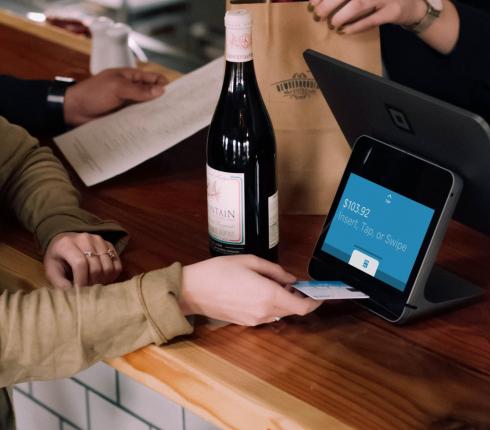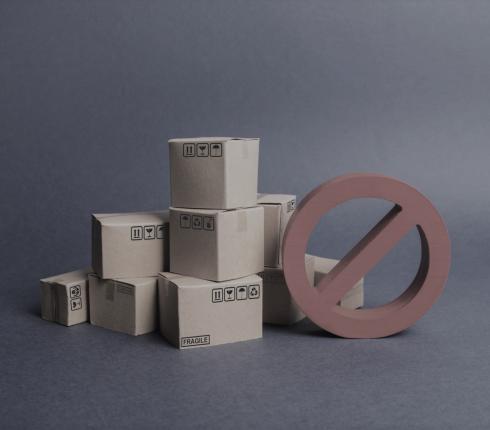NJORD Estonia: How to conclude a SPA in an emergency situation?
Emergency situations should not completely paralyze business and transactions - business activity and transactions are essential to keep the economy alive. It may be that the transaction has been agreed long before the emergency situation was declared and that the parties do not wish to delay it. Thus, transactions must not become impossible and it is evident that notaries are adapting rapidly to the emergency situation.

All transactions concerning the transfer of a share of a private limited company not registered in the Estonian securities register must be made with an Estonian notary. Since the declaration of the emergency situation, the notaries have also changed their normal client reception - namely, a number of notaries have decided to change their routine business hours or even close their offices. This means that in many cases, unexpected visits to the notary's office are not possible anymore. In addition, the time of the notary appointment can only be agreed by phone or e-mail.
The client must also be prepared that the notary will inquire if the counterparty has recently travelled abroad or been in contact with a person diagnosed with COVID-19. It is important to emphasize here that the sharing of false information is irresponsible towards the rest of the parties.
In cases where the parties to the transaction are unable or unwilling to go to a notary's office, but the transaction is still necessary, the possibility of remote certification by a notary is proposed.
Initially, the idea behind remote authentication was to offer the Estonians abroad the opportunity to make certain transactions at the embassies of certain countries, where the Estonian notary authenticates the transaction through a video bridge. This pilot project only came out in February, so the timing was ideal to make certain transactions easier even in an emergency situation. There are some notary offices which have, in the context of the emergency situation, already begun to test the project in Estonia. It means that transactions can also be made at home via a video bridge. At present, the following transactions can be carried out by means of remote authentication: transactions with the shares of a private limited company, power of attorney, applications for marriage and divorce, succession applications, deletion and assignment of rights of a real right and commercial pledge. No direct contact in the case of remote authentication makes it much safer to make transactions with a notary.
However, if the transaction is still to be authenticated at a notary's office, only the related individuals are likely to be admitted to the transaction in order to minimize the risk of infection.
Notary's reception is not impossible at the moment, but as in other areas, the notary needs to be extremely careful. Transactions will continue as before, but it will be time-consuming to ensure that everything runs smoothly, as queues to a notary can be long and all terms and conditions of the transaction should be agreed with the notary before the appointment to minimize contact.
As regards the formalities for a transfer transaction, there are also changes to be expected at the legal level - as of August this year, it will be possible to stipulate in the articles of association of the private limited company that a notarized transfer is no longer required. Such amendment of the articles of association must be voted for by all the shareholders and the share capital of the private limited company must be at least EUR 10 000 and fully paid in. Thus, share transactions may soon be performed without the notary, in a format which can be reproduced in writing.
If you have any additional questions or need help with your transaction and dealing with notaries, please contact us!

































